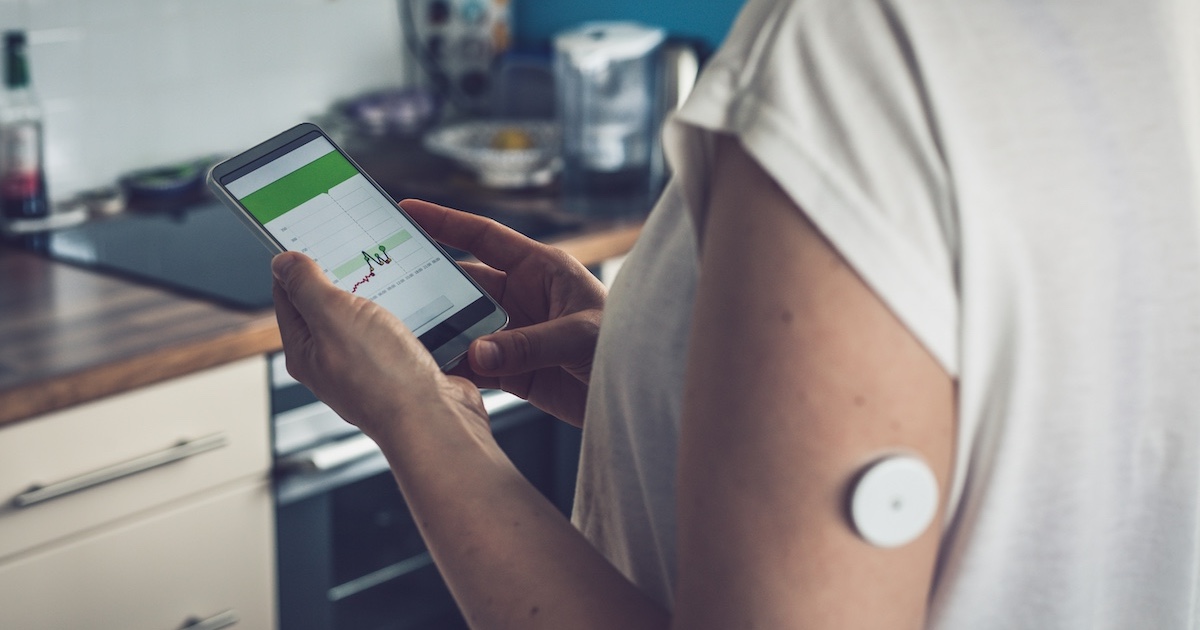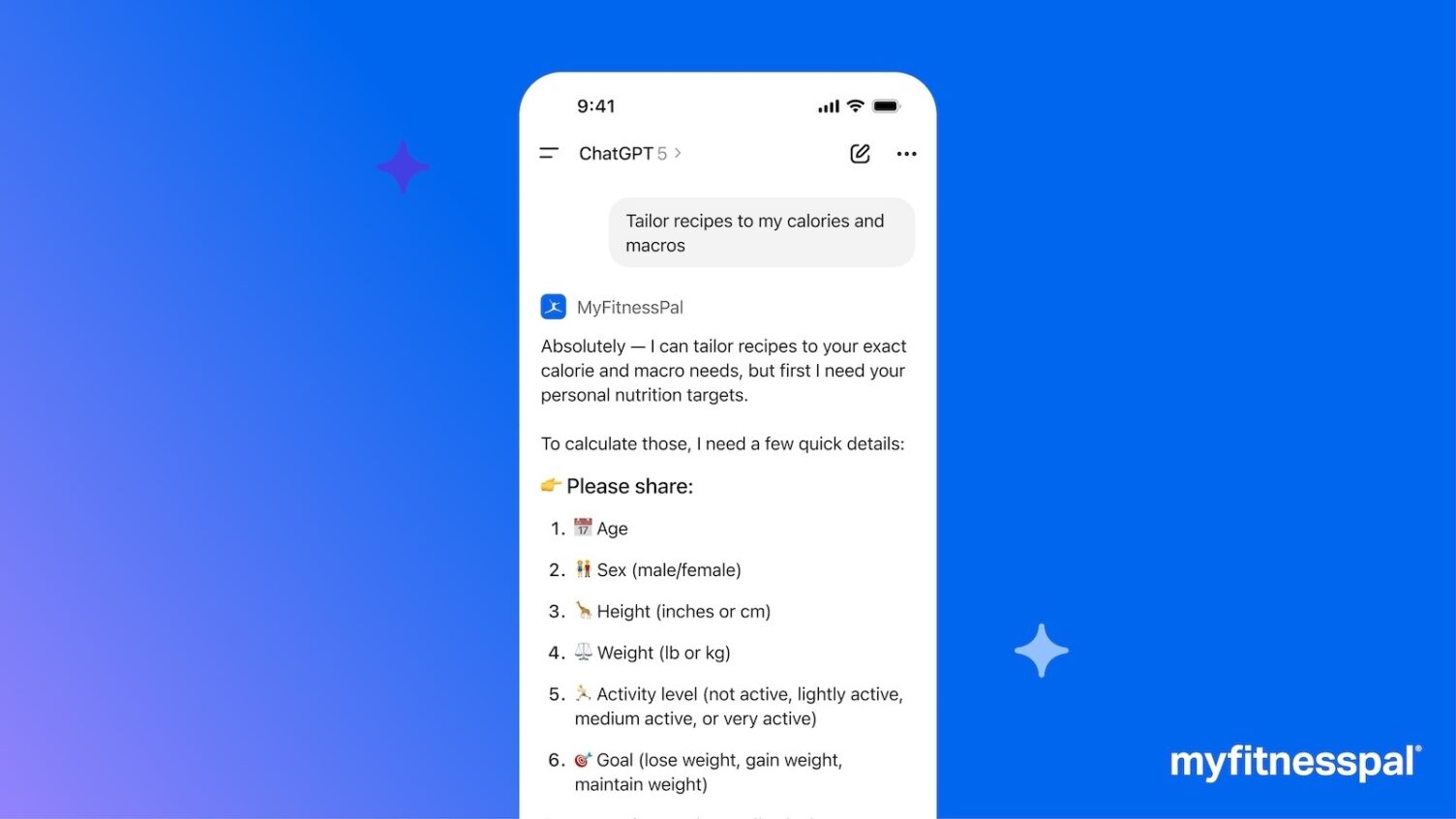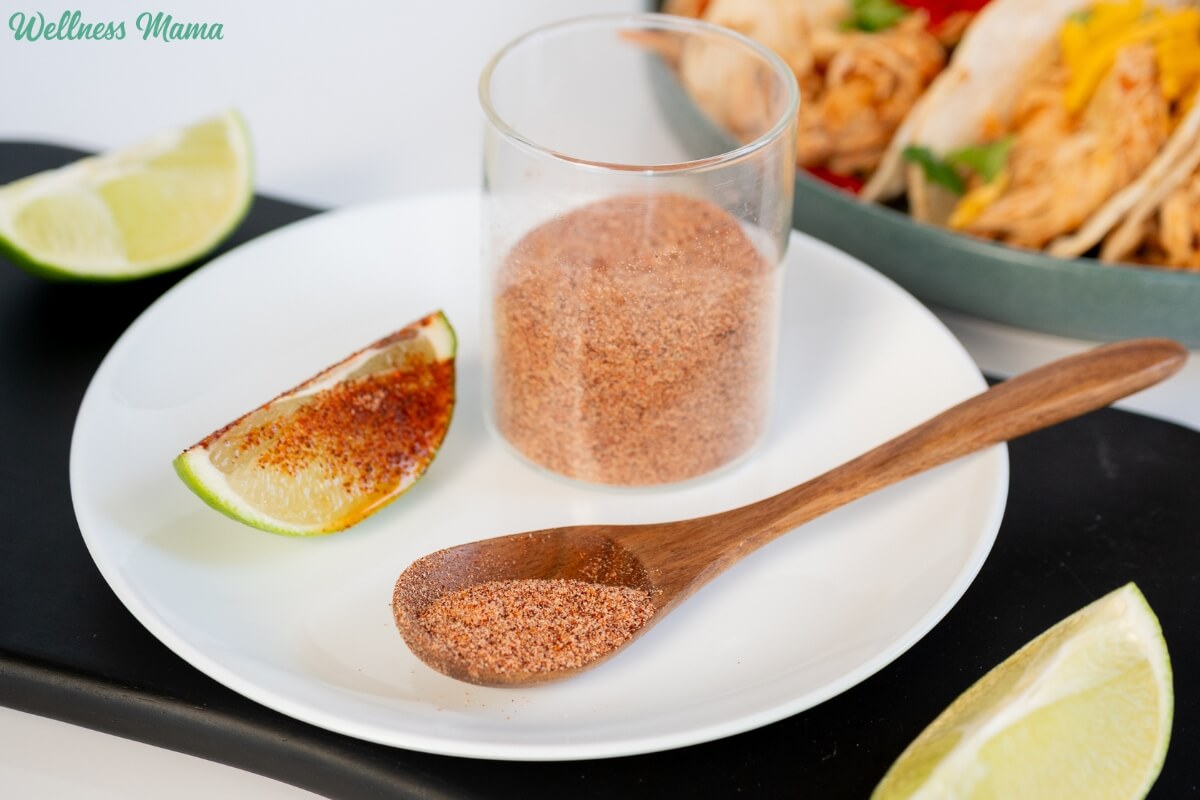Glucose monitoring specialist Dexcom announced it received FDA clearance for its G7 15 Day continuous glucose monitoring (CGM) system for people 18 and older with type 1, type 2 and gestational diabetes.
G7 15 Day, scheduled to launch in the second half of this year, will have a 15.5-day wear time (including a 12-hour grace period) and last 15% longer than Dexcom G7, according to the company.
The new system sends real-time glucose information to the Dexcom G7 app or receiver every five minutes via a sensor without the need for fingersticks or scanning.
The system has an overall mean absolute relative difference (MARD) of 8.0%. According to the NIH National Library of Medicine, MARD is a parameter used to characterize the measurement performance of CGM systems.
Dexcom G7 is waterproof and hands-free and has the ability to connect the sensor directly to an Apple Watch.
It also has an automated activity logging feature that allows end users to input meal and medication information.
The Dexcom Clarity mobile app is compatible with a smartphone or computer and provides glucose patterns and statistics as well as the means to share glucose data with caregivers and family members.
Meanwhile, the company is working with insulin pump partners to ensure Dexcom G7 15 Day will be compatible with automated insulin delivery systems.
“The approval of Dexcom G7 15 Day marks another major innovation for Dexcom,” Jake Leach, executive vice president and chief operating officer at Dexcom, said in a statement.
“By listening to the needs of our users, we’re proud to offer the longest-lasting wearable and most accurate CGM, giving people the knowledge to better control their diabetes with our best-in-class technology. This milestone sets a new standard in CGM and is a testament to our continued leadership in glucose biosensing.”
THE LARGER TREND
In March, cardiometabolic digital diagnostics company Nanowear announced a licensing and data partnership with Dexcom to integrate glucose data from the Dexcom G7 into its SimpleSense nanotechnology-enabled wearable.
Nanowear provides home-based, AI-enabled digital diagnostics for cardiometabolic health. The company’s FDA-cleared SimpleSense wearable reads patient vitals, including respiration rate, heart rate, blood pressure, physical activity and lung volume.
In 2024, Dexcom made a $75 million strategic investment in health-tracking ring maker Oura and established a strategic partnership to enable two-way data flow between Dexcom’s CGM and the Oura Ring.
Dexcom contributed $75 million to Oura’s Series D funding round, which brought Oura’s valuation to more than $5 billion.
Via the partnership, users of both companies’ products gained access to glucose data from Dexcom glucose biosensors and sleep, heart health, stress, vital sign and activity data from the Oura Ring available on Dexcom’s app and Oura’s app.
That same year, Dexcom expanded its diabetes-management capabilities and offered direct connectivity to the Apple Watch for its G7 CGM system via a dedicated Bluetooth connection.
The feature gives users the ability to check their glucose readings in real time without having their iPhone in hand.
In 2022, Dexcom G7 CGM was cleared by the FDA. That model was for individuals ages two and older with all types of diabetes.
Other companies in the CGM space include Abbott, which in 2024 announced its CGM system Lingo could be purchased in the U.S. without a prescription.
Lingo contains a biosensor and mobile app based on Abbott’s FreeStyle Libre continuous glucose monitoring technology. The system is a biowearable product intended for people 18 and older who are not taking insulin.
The system tracks glucose in real time and provides end users with personal insights and coaching with the aim of helping build healthy habits, retrain metabolism and improve overall health.
That same year, Medtronic received FDA clearance for the Simplera CGM, the company’s first disposable, all-in-one CGM, which is half the size of previous Medtronic CGMs.
The Simplera platform featured the company’s CGM form factor and included the Simplera CGM designed to be used as part of a Smart MDI system with the InPen smart insulin pen and the Simplera Sync sensor, which was designed to be integrated with the MiniMed 780G insulin system.
Last year, Medtronic issued a voluntary recall of its MiniMed 600 and 700 series insulin pumps due to the pumps’ potentially shortened battery life.
The company notified customers that they should monitor their MiniMed pump’s built-in alarms and alerts to keep track of battery status and contact the company if they notice changes in the pump’s battery life.
Publisher: Source link






